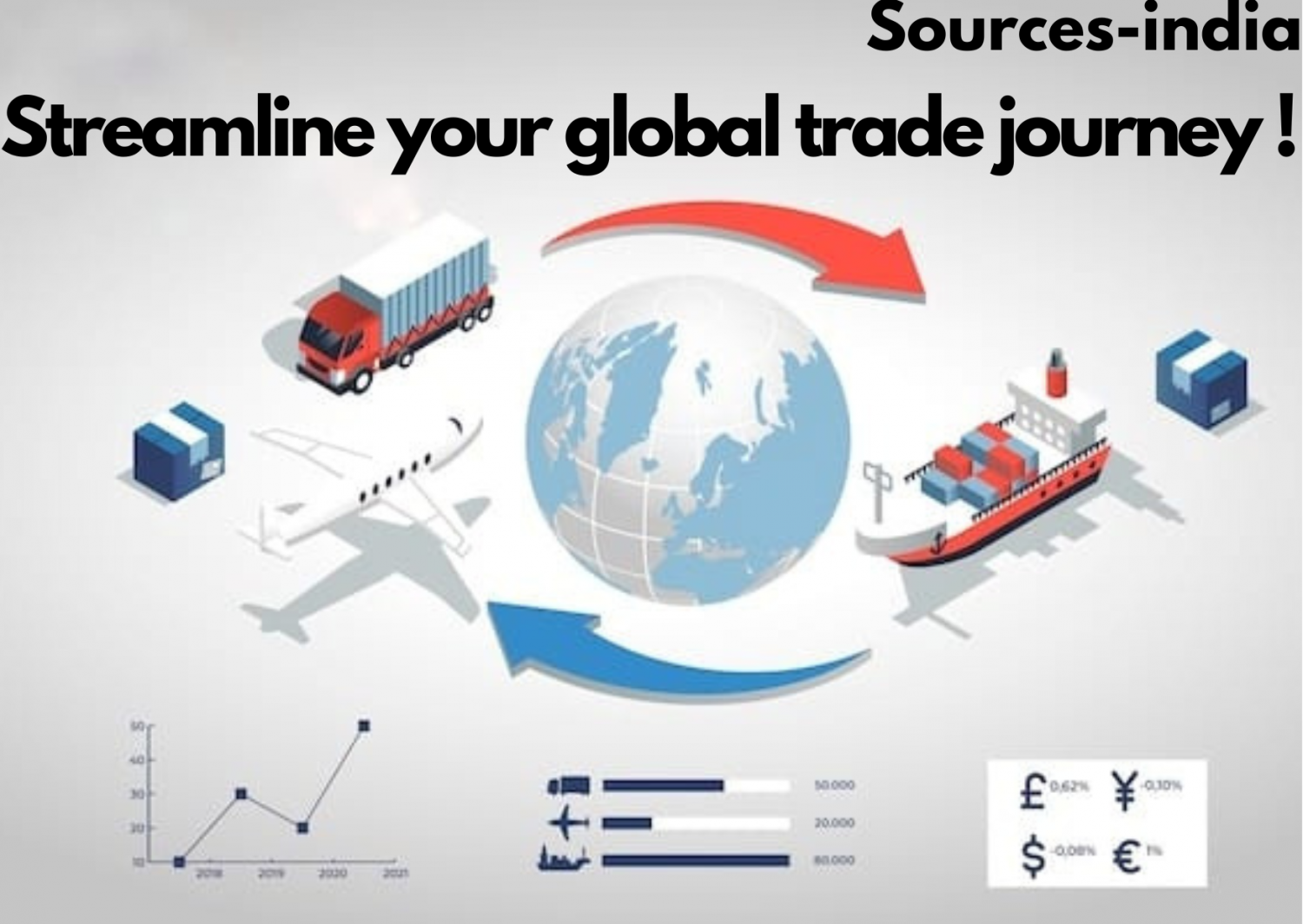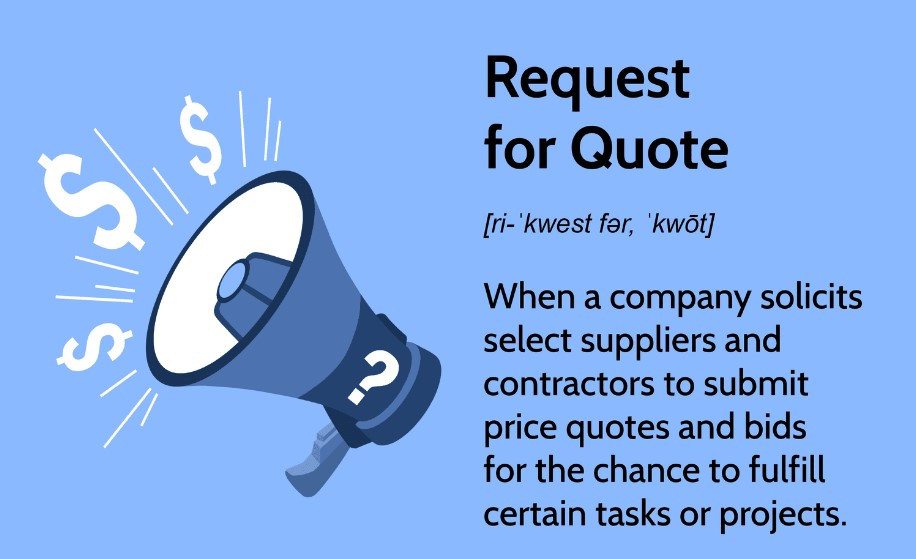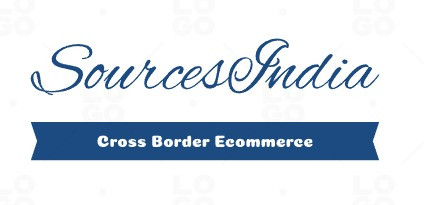Blogs
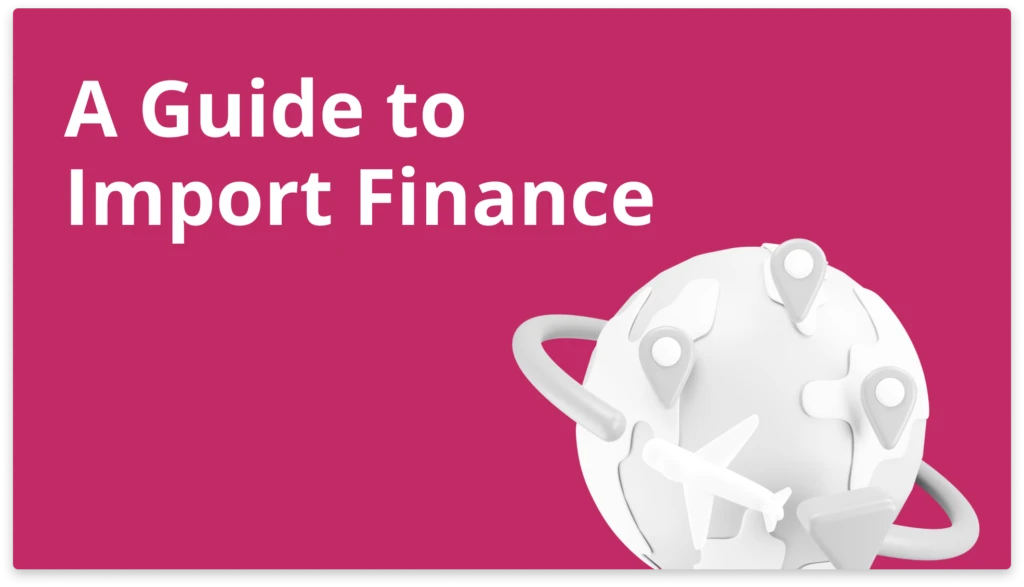
The Value of Finance for Imports and Exports
The Value of Finance for Imports and Exports. Trade between businesses is facilitated by export and import finance since it expedites payments and maximizes working capital. This is why financing for imports and exports is essential for businesses: • Managing Cash Flow: In international trade, prolonged payment terms create a vacuum that is filled by export finance. By guaranteeing that they get cash on schedule, it also assists exporters in meeting their financial responsibilities. • Strengthening Supply Chains: While export credit helps exporters immediately satisfy orders, import finance enables importers to quickly acquire items and raw materials. This promotes seamless trade ties and strengthens the supply chain. • Reducing Risks: A number of instruments, such as trade finance instruments, insurance, and buyer credit evaluation, reduce the risks connected to global trade. For exporters, the following are some advantages of export and import finance: • Security of Payment: By guaranteeing cash advances from the financier, exporters lower their risk of purchasers withholding payment. • Pre-agreed Fees: During the settlement period, the pre-agreed fees shield both parties from changes in interest rates. Likewise, importers can profit from export and import financing in the following ways: • Greater Financial Capability: By taking on more orders and making advances to suppliers, importers can quicken the business cycle. • No Need for Equity Investment: Angel, private, or equity investments are not necessary for importers to obtain finance.

Effective Payment Methods in Global Trade Finance
Effective Payment Methods in Global Import/Export Trade Finance. One of the key tenets of running a successful worldwide business is making timely, secure, and sufficient payments. This is also the most effective strategy to grow your business in the global market while gaining satisfied customers. Whether they are new or established businesses, importers and exporters frequently choose to work with banks or other financial institutions as a third party to reduce their international payment risks. These middlemen ensure payments and foster confidence between contracting parties with relation to first transactions. If you run an international business, you probably struggle to decide which kind of trade finance would be ideal for you and your company. You need trade finance services to support your import or export payments in various parts of the world. Depending on the needs of your company, we have discussed some of the most widely used international trade payment methods in this article.

Finance Options for Import Trade
Finance Options for Import Trade International traders can purchase goods without worrying about cash flow problems thanks to import finance facilities, which give them access to credit choices. In addition, it facilitates the importers' ability to finance their business needs and bring items into the nation. The following are the most important categories of import financing to be aware of: Letters of Credit (Usance/Standby): Using a letter of credit in a transaction allows the importer to postpone paying for a purchase. It implies that the importer will have extra time to examine or market the items. In contrast, in the event that a standby LC is given, the issuing bank guarantees to the exporter that the importer would make timely payments, but only in the event that the buyer defaults. It gives exporters peace of mind and lessens the chance of default. Bank Guarantees: In the event that a bank guarantee is present in an international transaction, the exporter is assured of receiving payment from the importer for the goods or services they have supplied. Should the buyer default on the agreement or be unable to make the payment, the exporter will receive payment from the issuing bank. An LC is utilised in international transactions, whereas a bank guarantee is more frequently employed on real estate or infrastructure projects. That is the only distinction between an LC and a bank guarantee. Invoice Finance: An instance of import finance that involves the sale of accounts receivable is known as import invoice financing. It implies that one can raise money by selling their accounts receivable using this financing option. The majority of financial institutions assist traders in satisfying their company needs by lending up to 50–80% of the invoice amount. Furthermore, this aids in preserving the company's working capital and enhancing cash flow. Asset-Backed Facilities: This type of financing is useful for companies that want to borrow money against their assets as security. Importers can obtain loans against their assets with this kind of funding. The traders can secure inventory, machinery, buildings, accounts receivable, or other assets in the balance sheet to take advantage of any of these asset-based lending solutions.
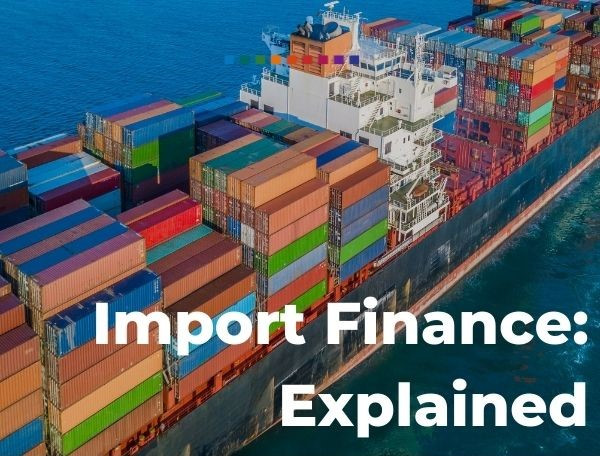
Import Finance
The complexities involved in international trade can make it a drawn-out and challenging operation. Tariffs and taxes, currency fluctuations, and the danger of nonpayment and non shipment are just a few of the expenses and hazards that importers and exporters face. In this case, import business financing aids international traders in completing a deal abroad. You may learn more about import financing and its various forms from this blog.
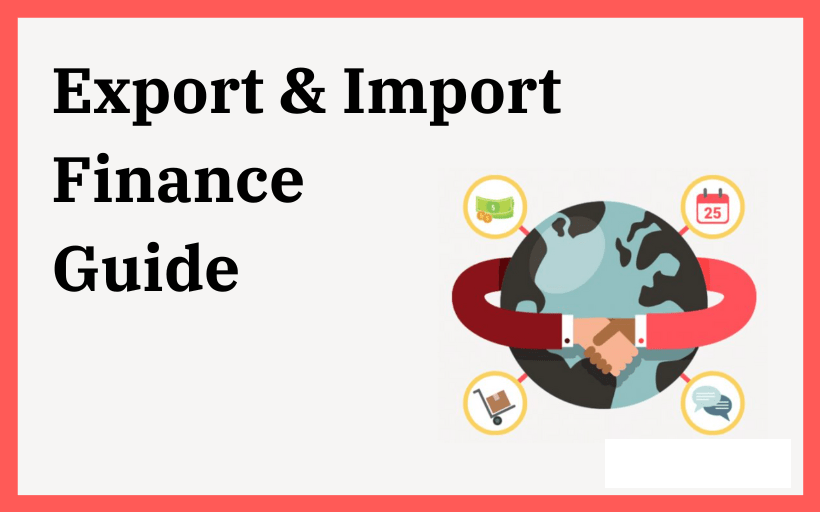
Import Financing Methods
Import Financing Methods Globally, letters of credit are the most used form of financing for imports. Financial instruments known as letters of credit are provided by the bank of the importer and allow the exporter to take out cash from the bank under specific guidelines. Letters of credit are granted for a certain sum and have a strict expiration date, with the exporter as the designated beneficiary. Terms and conditions under which payment will be made are outlined in letters of credit. The exporter must present documentary proof that the items were shipped in compliance with the terms and conditions outlined in the letter of credit in order to receive payment from the importer's bank. A bill of lading attesting to the shipment of the products and an invoice or receipt for the items are normally the two types of documentation needed; additional export documents, inspection reports, and insurance documentation might also be necessary.

Import Financing Solutions
Import Financing Solutions A specific type of trade finance solution called import financing is used to pay for the acquisition of commodities that are exported from one nation and then imported into another. Even if you have plenty of cash on hand, import financing makes much more sense than paying cash up front for items since it offers advantages beyond simple payment options.
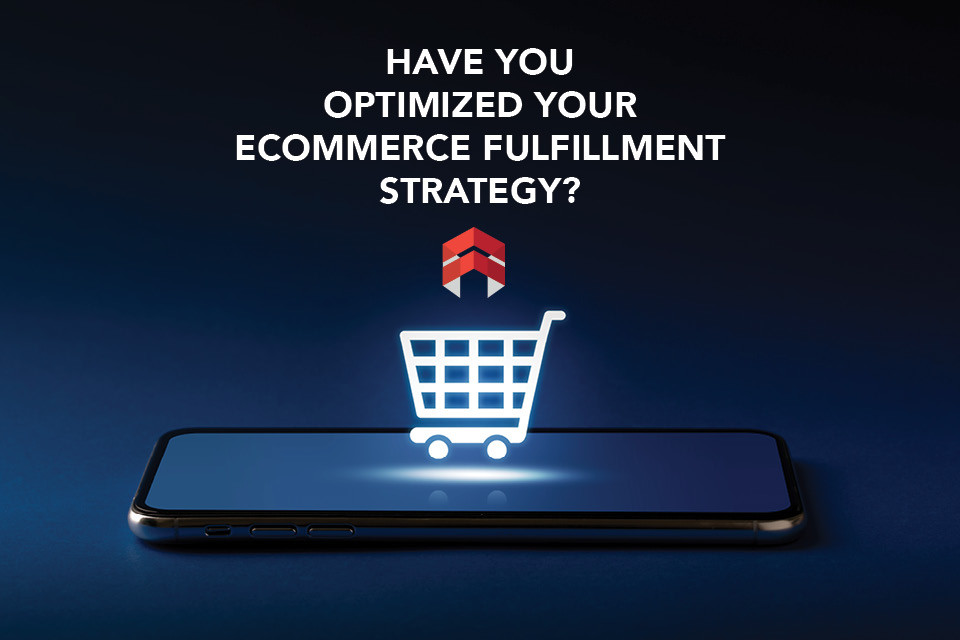
Optimizing E-commerce Fulfillment
Optimizing E-commerce Fulfillment. The complete process of sending consumers' online orders is known as ecommerce order fulfillment. Order processing, order picking and packing, inventory control, and customers shipping are all involved. It is insufficient to just get goods out the warehouse door. An e-commerce order fulfillment procedure that is properly optimized can make or break your company. Businesses are beginning to recognise the advantages of utilizing eCommerce as a successful business strategy as more customers purchase products from online retailers. However, more often than not, buyers will select an online store based not so much on the products as on how it intends to ship the order.

Understanding Import Taxation
Understanding Import Taxation. A kind of tax called an import duty is imposed by a country's customs authority on certain imports and exports. The amount of import duty levied is usually determined by the value of the products. Customs duty, import tax, import tariff, and tariff are other terms that are occasionally used to refer to import duty. There are two distinct goals for the import duties: 1) Raising the local government's revenue. 2) Exhorting people to buy locally produced goods that are duty-free when imported.
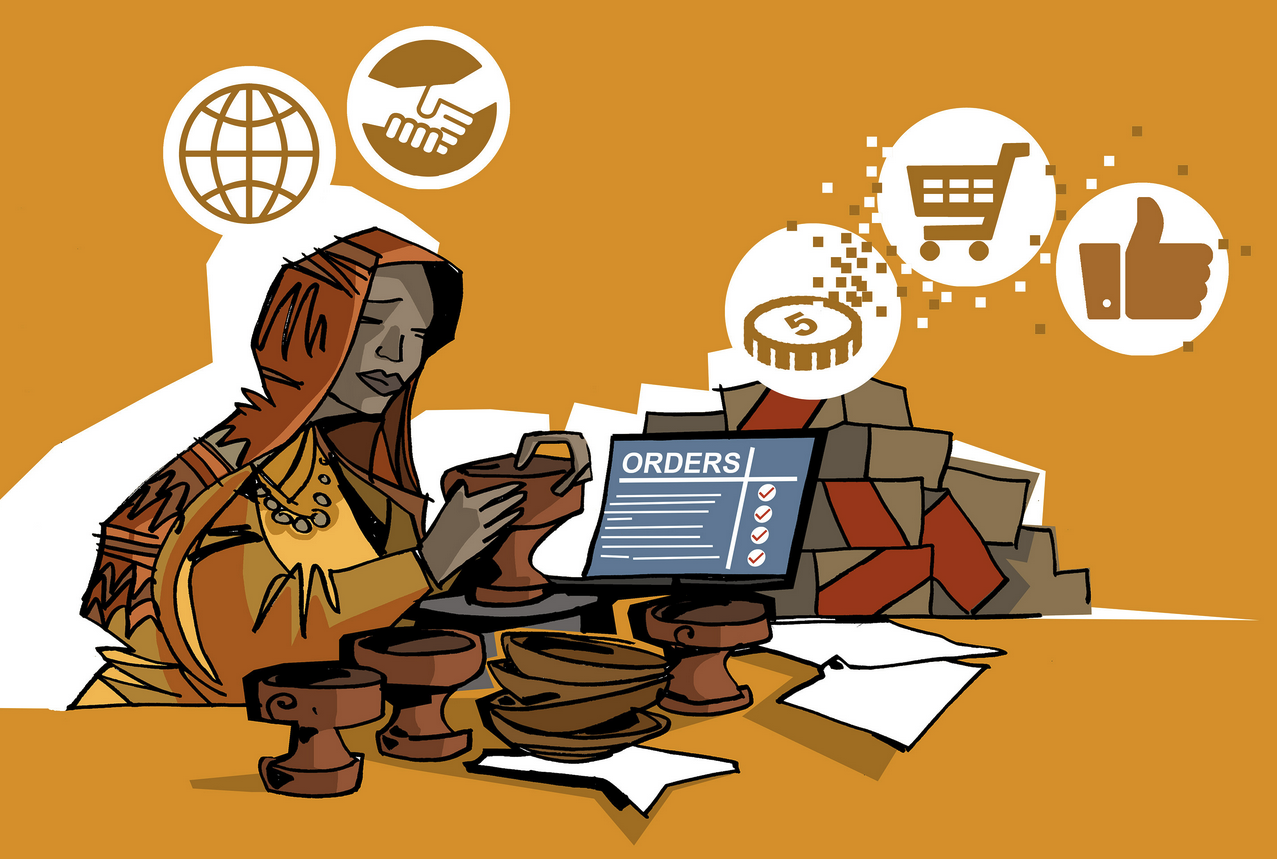
Power of e-commerce in international trade
Power of e-commerce in international trade. E-commerce has revolutionized the way businesses operate, offering numerous advantages such as global reach, 24/7 availability, lower overhead costs, targeted marketing, increased customer engagement, scalability and flexibility, enhanced inventory management, and cost-effective marketing. Unlike traditional brick-and-mortar stores, online businesses can transcend geographical boundaries and tap into new markets. They can also offer 24/7 availability, allowing customers to browse and make purchases at any time, regardless of location or time zone. E-commerce platforms offer advanced tools and analytics to target specific customer segments, allowing businesses to create personalized campaigns. E-commerce platforms also provide channels for customer interaction, such as live chat, email, and social media, fostering strong relationships and building trust. E-commerce platforms also offer scalability and flexibility, allowing businesses to expand their product offerings, reach new markets, and handle increased order volumes. Efficient inventory management is also simplified by real-time inventory tracking. Finally, e-commerce provides cost-effective marketing channels, such as social media advertising and email marketing campaigns, allowing businesses to reach a wider audience without breaking the bank. Analytics and insights are available E-commerce platforms come with strong analytics capabilities that give useful information on the preferences and behavior of their customers. You may improve your website, make well-informed business decisions, and hone your marketing techniques by examining this data. Being aware of consumer trends and behaviors enables you to outperform the competition and enhance your company's performance over time. Combining Services from Third Parties E-commerce platforms frequently allow smooth connection with a range of external services, including inventory management systems, shipping companies, and payment gateways. Your operations become more efficient overall and there are less manual activities as a result of this integration. By making use of these services, you can free up your time from administrative duties so that you can concentrate on expanding your company.
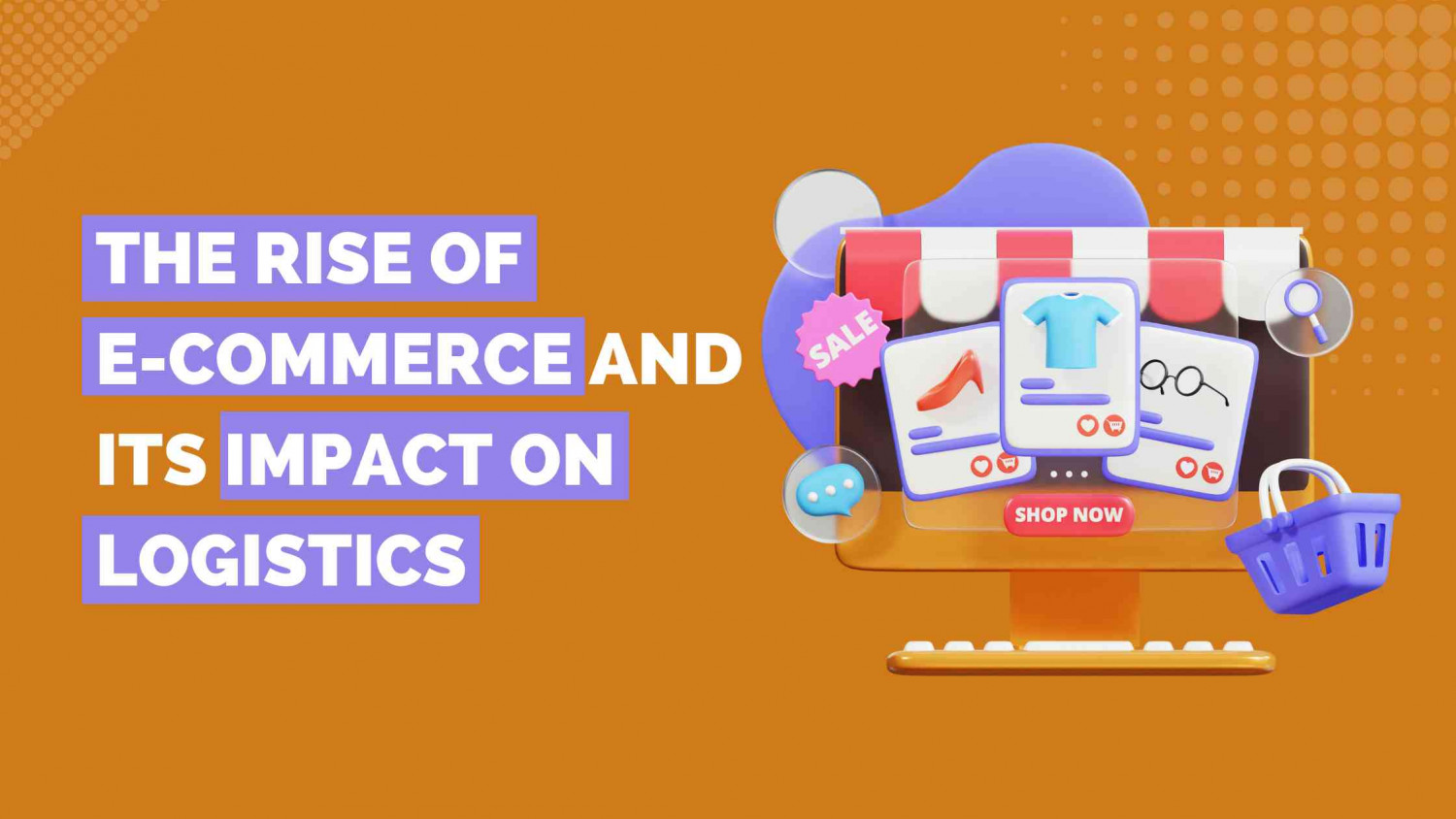
The Rise of E-Commerce
The Rise of E-Commerce The most incredible thing about e-commerce is how quickly it can influence marketing and sales initiatives. A small local bakery or home-based consulting service can suddenly attract a national or even worldwide clientele by going online. Online commerce transcends national borders.
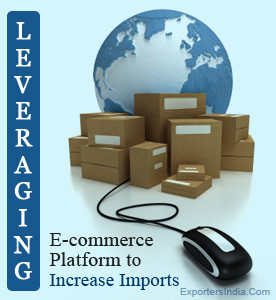
Leverage International Markets To Expand E-commerce Business
Leverage International Markets To Expand E-commerce Business Over time, business methods have changed, and the internet has aided in this change. Due to the internet, businesses can now abandon unnecessary trade procedures that used to cause delays in commercial operations. E-commerce has played a pivotal role in furnishing businesses with an appropriate forum to convene and engage in international business. E-commerce has given international trade a powerful platform on which to grow and succeed. A few things that potential businesses should concentrate on to make the most of this medium are listed below: • International trade directories' catalogues of goods in demand for worldwide sourcing are quite beneficial, in addition to import and export. • Avoiding some products is advised since they are prohibited from being sourced globally for a variety of reasons. • Take advantage of the comprehensive information provided by consulates and the Internet's international commerce directories. • Start-ups can start with international sourcing or import and export of in-categorized goods before branching out. With careful preparation, the internet may be used to optimize international sourcing and import/export operations, as it is a powerful leveling idea. The following are a few key points about using e-commerce for import and export: • The internet makes it easier to handle different payments, which is ideal for a worldwide sourcing organization. • Long-term benefits also accrue from SSL certificates and the company's authentication via reputable sources. • International trade portals that focus on e-commerce offer free or fee-based memberships. • It is recommended that the e-commerce site be added to reputable industry directories, search engines, and that blogs focusing on international trade be posted on a regular basis. • If the e-commerce site allows for document sampling, online negotiation, chat, and response to quotation inquiries, it is very advantageous for import and export. Because it allows you to focus on your main business operations and save a significant amount of routine costs, global sourcing enabled by e-commerce is proving to be quite profitable. Finally, regardless of your domestic or foreign trade procedures, the legitimacy of these E-commerce websites important in global sourcing.

The Four C’s in E-commerce for Successful Online Business
The Four C’s in E-commerce for Successful Online Business The success of an online business in the dynamic world of e-commerce mostly rests on comprehending and putting into practice the basic ideas that shape customer behavior. The Four C's of e-commerce—Convenience, Choice, Customization, and Communication—are among these tenets. E-commerce website development businesses may build profitable and engaging online platforms that promote growth by incorporating these essential elements. Convenience: The foundation of e-commerce is convenience. It alludes to how user-friendly and straightforward online shopping is for consumers. It is imperative for e-commerce website development companies to guarantee that their platforms are intuitive, user-friendly, and device-friendly. Businesses may improve convenience and offer a smooth online buying experience by optimizing the browsing, searching, and purchasing procedures. Improved customer retention, more conversions, and higher levels of customer satisfaction can result from this. Choice: One of the things that sets e-commerce apart is the multitude of options that are accessible online. Customers look for a variety of goods, services, and choices to suit their individual needs. Companies that design e-commerce websites ought to concentrate on creating systems that provide vast product catalogues, sophisticated search filters, and tailored suggestions. Businesses may meet the needs of a wide range of consumers, improve customer satisfaction, and increase revenue by offering a multitude of options. Customization: In order to provide a personalized e-commerce shopping experience, customization and personalization are essential. Artificial intelligence and machine learning are two technologies that e-commerce website development companies should use to gather and evaluate client data. Businesses are able to provide relevant content, customized offers, and personalized product suggestions by gaining insight into their customers' browsing behavior, purchasing history, and preferences. This degree of personalization raises sales, strengthens brand loyalty, and improves customer pleasure. Communication: In the internet marketplace, developing strong consumer connections and fostering trust are contingent upon effective communication. Strong communication channels like email, social media, and live chat should be included by e-commerce website development businesses in their websites. These channels allow for quick and customized responses to questions, comments, and concerns from customers. Throughout the customer journey, proactive communication helps establish brand reputation, promptly address problems, and cultivate enduring customer loyalty.

